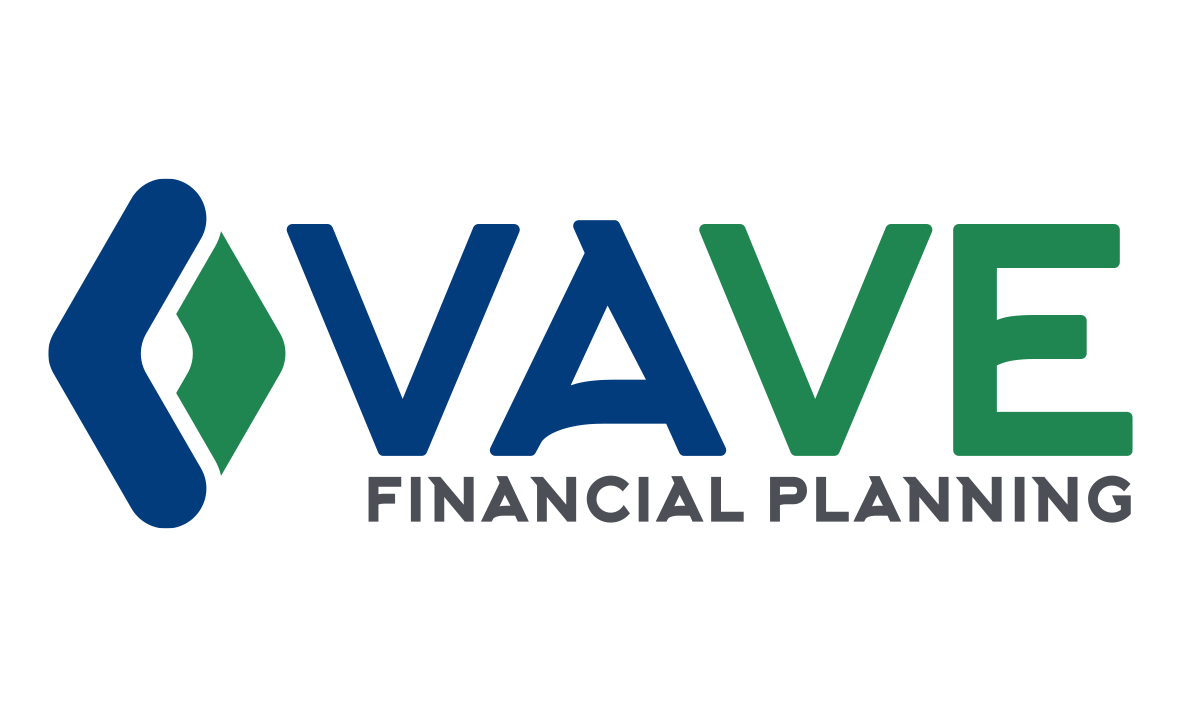The average investor returned 2.11% between 1996-2015 which under performed other asset classes and inflation. The under performance in large part is due to investor behavior caused by human emotions.
If you're a Disney enthusiast (or a parent), you may have seen the movie Inside Out once, twice, or eighty times. The main characters are five dominant emotions that reside in Riley's (the human protagonist) brain that ultimately influence decision-making. Of course, no movie would be interesting without some poor decision-making, and each emotion can take some fair share in the blame.
For investors, it is no different. Other than food, kids, dogs, romance, and sports..., what gets your emotions all worked up? Money - your money. While human emotions serve to protect us in many ways, they can also lead to poor investment decisions. Here is a brief glimpse into the world of Behavioural Finance, using behaviour and psychology to explain why people make bad financial choices.
Anchoring
Anchoring is our tendency to attach our thoughts on a reference point - even if it isn't relevant to the decision at hand. At time of writing this, the Canadian-US dollar exchange rate is at $0.76 US to $1 CDN. A few people I've talked to are postponing vacationing in the US or buying US investments since the 'Canadian Dollar is low". Yes it is low compared to when the dollar was at par in 2013, but that is completely irrelevant to the economic circumstances today. The dollar could go lower or higher, no one knows. So, basing decisions on the fact that the CDN$ was at par in 2013, and is therefore 'low' now, is an example of anchoring. In general, your approval or distaste for the current market landscape based on "the good ol' days" is just that - nostalgia.
Hindsight Bias and Overconfidence
Hindsight bias is looking back and thinking that past events were obvious or predictable. For example, looking back at the Tech bubble burst in the late 1990s and thinking how obvious it was. Hindsight bias creates a level of overconfidence in our own abilities and our ability to predict future investments. If we apply the same strategies that happened to work in the past to current and changing situations, it would be foolish to expect the same results. Those that are over-confident tend to be those that 'forget' about the losses (attributing them to bad luck) and highlight only the times they picked 'winners' (attributing them to personal skill).
Herd Behavior
Herd behaviour is following what everyone else is doing. We want to fit in socially, and feel that if enough people are doing it, they must be doing something right. In investing, we have the tendency to follow trends whether or not it's the best for our own situation. Unfortunately, chances are also that you're already late to the game. By the time everyone else is already doing it, you've missed out on the greatest opportunity. The best plan is the plan that fits your personal goals - even if that means rocking the boat to stand up.
Prospect Theory
Prospect theory is essentially our irrational outlook on losses vs. gains. There have been many studies that show that an investment loss hurts way more than an equivalent investment gain. This is reflected in the 'Disposition Effect' where investors find it difficult to sell out of a loss position and yet too easily sell in a gain position. Also, this loss aversion trait can lead to portfolios that are too safe and do not provide the growth required or necessary to achieve one's long term goals.
Recency Bias and Availability Bias
Often we hear about the latest stock tip or what's on the news about the markets. This can cause us to over value and over react to new information. All this information is really just 'noise' as it's usually incomplete information or biased information. Sensational news/media plays a hand into feeding the fear of investors that if they don't act now, they'll either be missing out on gains, or will face inevitable losses.
Mental Accounting
Mental accounting is the tendency to separate our money into different 'buckets' and thus valuing and treating them differently depending on the source or intended use. An example of mental accounting is if you have high interest debts outstanding yet you allocate money to debts that are lower interest, like a mortgage, or put into a savings fund earning very little interest. An example of mental accounting in investing is having a 'safe' account of investments and a 'risky' or 'speculative' account. In reality, whether you treat your money in one account differently than another makes no difference to the cumulative effect on your household finances.
Gambler's Fallacy
This is when we believe that a prior series of events will predict the next result. Just because a stock went up six consecutive sessions does not mean that it will go down on the seventh. The seventh session is independent and unrelated to previous sessions. Too often, investor behaviour follows gambler's fallacy by thinking there is some sort of "justice" that will prevail and that markets always act on predictable cycles. Will that cycling happen during your financial lifetime?
So what now?
My goal as a personal money coach and financial planner is to take the drama out of investing and align your investing to your life goals. Setting up systems and training yourself to be unemotional about money decisions is one of the first steps. One way to do this is to create a Passive portfolio that follows a strict asset allocation and re-balancing schedule, or to utilize a Robo-advisor that will do it for you.
Ignore/drown out the 'noise' of 'hot tips', or 'market fluctuations' that you hear from the news or others. What other people say and what happens on the markets will no longer be a point of stress with a sound re-balancing strategy that reduces our emotional impact on our investments.







